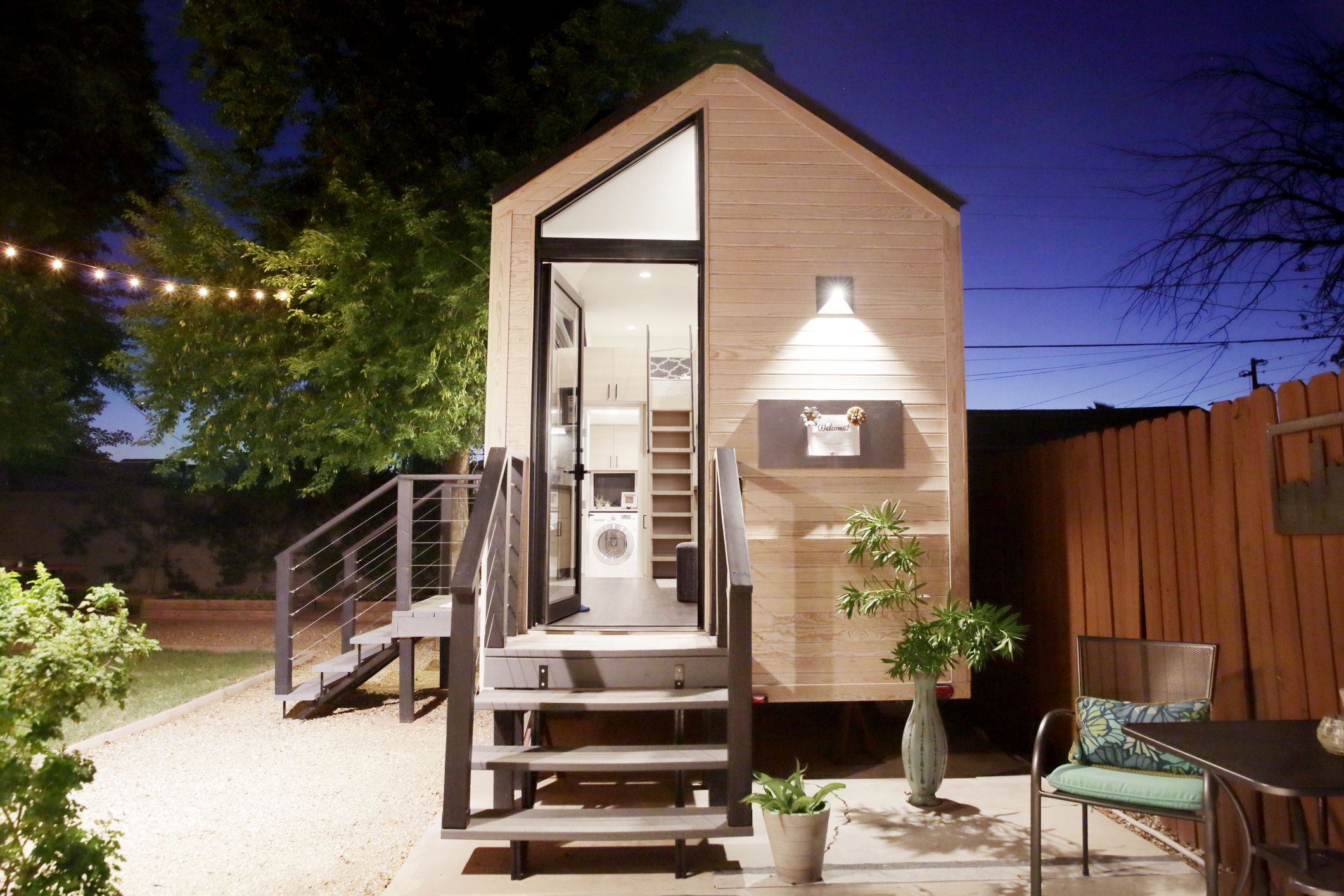What does "tenancy by the whole" imply in legal files?
Tenancy by the totality is an unique method for couples to own residential or commercial property together. Imagine a couple buying a house; rather of each owning half, they both own the entire residential or commercial property together. This suggests that neither partner can offer or provide away their share of the residential or commercial property without the other's approval. It's like a team effort where both partners must concur on any choices regarding the residential or commercial property. This type of ownership is designed to safeguard both partners, making sure that they have equal rights to the residential or commercial property and that it stays undamaged for both of them.
Among the essential functions of tenancy by the totality is the right of survivorship. This suggests that if one spouse dies, the surviving spouse immediately ends up being the sole owner of the residential or commercial property. There's no need for a will or probate court to choose what occurs to the residential or commercial property. It's an uncomplicated method to make sure that the enduring spouse has complete control and ownership without any legal difficulties. This aspect can supply comfort for couples, understanding that their home will stick with the one who stays.
Another crucial point is that tenancy by the totality is only readily available to couples. This indicates that unmarried partners or friends can not utilize this type of ownership. It's a legal recognition of the bond between spouses, stressing their commitment to each other. In some states, this kind of ownership can likewise provide protection from creditors. If one partner has financial obligations, lenders may not have the ability to claim the residential or commercial property owned as occupants by the totality, which adds an extra layer of security for the couple.
However, it's important to comprehend that both partners need to agree on any changes associated with the residential or commercial property. If one partner wants to offer their interest or transfer it to someone else, the other spouse must consent. This requirement can assist avoid disagreements and guarantee that both partners are on the same page regarding their shared financial investment. It motivates communication and partnership, which are crucial in a marriage.
In summary, tenancy by the whole is an unique way for married couples to own residential or commercial property together, providing equivalent rights, automated transfer of ownership upon death, and potential defense from creditors. It's a legal plan that reflects the collaboration between partners and helps secure their shared home.
What are some examples of "tenancy by the entirety" in legal contracts?
Real Estate Purchase Agreement: "The residential or commercial property will be held as occupancy by the totality, guaranteeing both spouses have equivalent rights to the residential or commercial property."
Mortgage Agreement: "The mortgage for the residential or commercial property is secured under occupancy by the entirety, needing both spouses' signatures for any changes."
Deed of Trust: "The deed of trust specifies that the residential or commercial property is owned as occupancy by the whole, securing the interests of both parties."
Divorce Settlement Agreement: "In the occasion of divorce, the couple concurs to divide the residential or commercial property kept in tenancy by the entirety according to state law."

Will or Estate Plan: "The will states that the residential or commercial property held as tenancy by the totality will pass directly to the making it through spouse upon death."
Residential Or Commercial Property Settlement Agreement: "The residential or commercial property will stay under occupancy by the entirety up until both celebrations accept its sale or transfer."
Joint Ownership Agreement: "The couple accepts hold the residential or commercial property as tenancy by the entirety, making sure mutual authorization for any future transactions."
Living Trust Agreement: "The living trust consists of provisions for the residential or commercial property held as occupancy by the entirety, permitting smooth transfer upon death."
FAQs about "occupancy by the whole"
What is occupancy by the totality?
Tenancy by the entirety is a special way for married couples to own residential or commercial property together. It implies that both partners have equivalent rights to the residential or commercial property, and if one partner dies, the other automatically acquires the entire residential or commercial property.
How does occupancy by the totality work?

In tenancy by the whole, both partners own the residential or commercial property together as a single unit. This suggests they can not offer or transfer their share of the residential or commercial property without the other spouse's permission. It supplies defense for the residential or commercial property from creditors of one spouse.
Who can develop an occupancy by the whole?

Only wed couples can create an occupancy by the whole. This kind of ownership is not available to unmarried individuals or partners in a civil union.
What are the advantages of occupancy by the entirety?

The primary benefits include automatic inheritance for the surviving spouse and security from financial institutions. This means that if one partner has financial obligations, financial institutions can not declare the residential or commercial property owned in occupancy by the entirety.
Can tenancy by the totality be changed or ended?

Yes, occupancy by the whole can be altered or terminated if both spouses agree to it. They can transform it to another form of ownership, like joint tenancy or sole ownership, however both partners need to grant the modification.
What takes place to occupancy by the whole if we divorce?
If a couple divorces, the tenancy by the whole is typically converted to a different kind of ownership, such as joint occupancy or tenancy in typical. This indicates that both celebrations will have different shares of the residential or commercial property.

Is tenancy by the whole offered in all states?
No, occupancy by the whole is not recognized in all states. It is necessary to inspect your state laws to see if this kind of ownership is available and what the specific rules are.
How is occupancy by the totality different from joint occupancy?

While both occupancy by the whole and joint occupancy include 2 or more owners, tenancy by the entirety is specifically for married couples and offers extra protections, such as automatic inheritance and lender defense, which joint occupancy does not offer.
What should I consider before choosing occupancy by the whole?
Before choosing occupancy by the entirety, consider your marital status, monetary situation, and whether you want to protect your residential or commercial property from creditors. It may also be handy to seek advice from an attorney to understand the best alternative for your circumstance.







